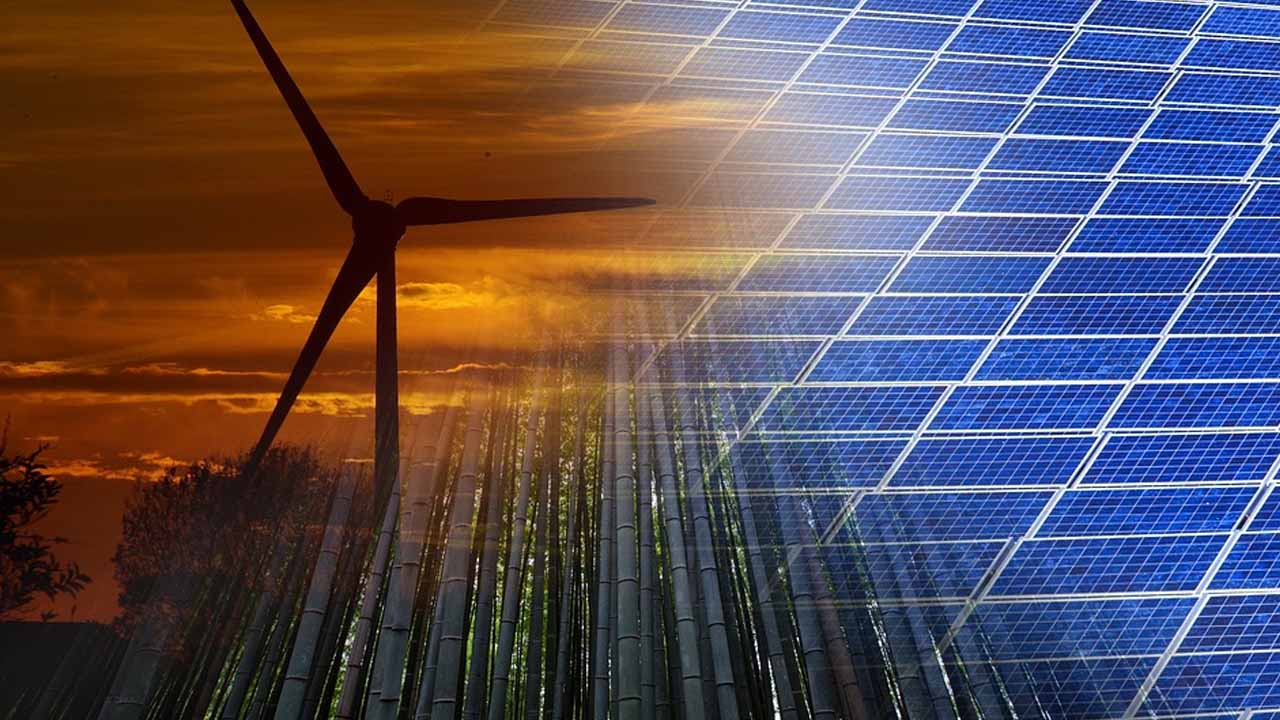India and Denmark have agreed to undertake joint research and development work on green fuels, including green hydrogen. The Joint S&T Committee meeting on January 14, 2022, discussed the national strategic priorities and development in the fields of science, technology and innovation of the two countries, with a special focus on future green solutions – investment strategy in green research, technology and innovation.
In line with the agreement reached by the Prime Ministers of both the countries while adopting the Green Strategic Partnership – Action Plan 2020-2025, the Committee also conducted mission-driven research, innovation and development, including climate and green change, energy, water, waste and food. There was an emphasis on the development of bilateral cooperation on technological development.
India and Denmark agreed to hold three to four webinars for the development of the partnership and emphasised promoting bids for proposals related to green fuels, including green hydrogen. The Joint Committee also reviewed the progress of ongoing projects of the last two joint bids being implemented in the fields of energy research, water, cyber-physical systems, and bio-resources and secondary agriculture.
The meeting was co-chaired by S. K. Varshney, Adviser & Head, International Cooperation, Department of Science & Technology (DST), Government of India, and Dr Stine Jørgensen, Deputy Director of the Danish Agency for Higher Education and Science, Government of Denmark. H.E. Pooja Kapur, Ambassador of India in Denmark and H.E. Freddy Svane, Ambassador of Denmark in New Delhi also addressed the Joint Committee. From India, representatives from DST, Department of Biotechnology, Ministry of Earth Sciences and Council of Scientific & Industrial Research participated in the deliberations.
In addition to pursuing green hydrogen, India claims to have the world’s largest renewables’ expansion programme, targeting 175 gigawatts of renewable energy capacity by the end of this year. Most of that capacity will come from about 100GW of solar panels, followed by 60GW of wind, about 10GW from biomass and the remaining 5GW from hydropower stations.
Earlier, Prime Minister Narendra Modi launched the nation’s national hydrogen mission, calling for India to become a global hub for green hydrogen production and exports.
In an exclusive interview with Tatsat Chronicle, H.E. Freddy Svane, Ambassador of Denmark in New Delhi, talked about how Denmark can help India to address the challenge of climate change.





























